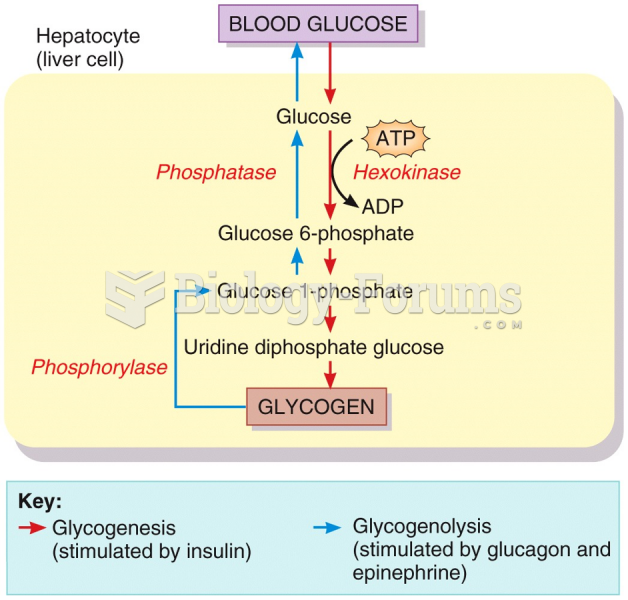|
|
|
It is difficult to obtain enough calcium without consuming milk or other dairy foods.
After a vasectomy, it takes about 12 ejaculations to clear out sperm that were already beyond the blocked area.
As the western states of America were settled, pioneers often had to drink rancid water from ponds and other sources. This often resulted in chronic diarrhea, causing many cases of dehydration and death that could have been avoided if clean water had been available.
Although puberty usually occurs in the early teenage years, the world's youngest parents were two Chinese children who had their first baby when they were 8 and 9 years of age.
The most common treatment options for addiction include psychotherapy, support groups, and individual counseling.







